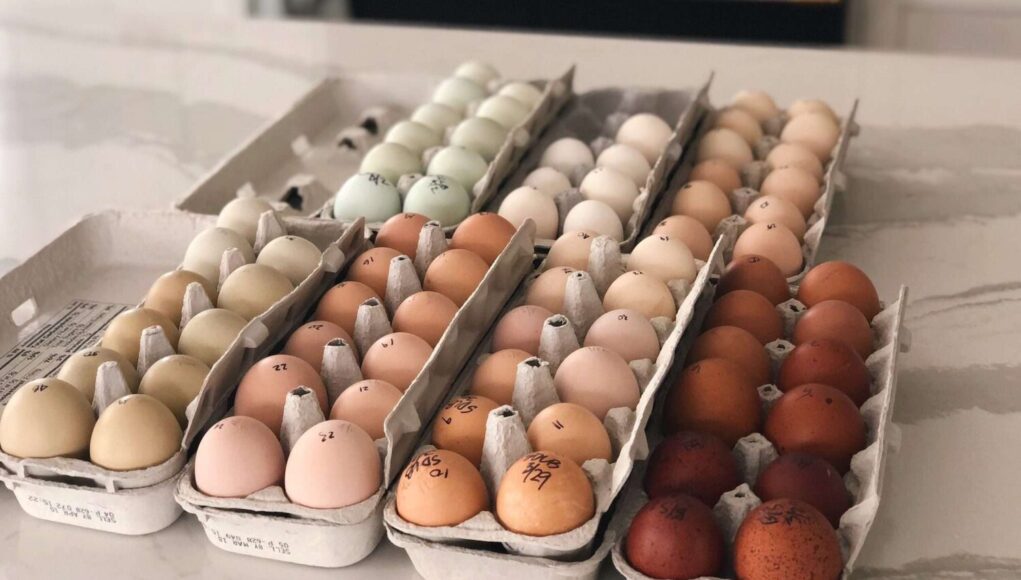Embarking on the journey of egg incubation can be an exciting and rewarding experience. However, if you’re a beginner, it’s easy to make mistakes that can affect the outcome of your efforts. Understanding the beginner mistakes in egg incubation can save you from disappointment and increase your chances of successfully hatching healthy chicks. In this article, we’ll explore some of the most common errors and how to avoid them.

Understanding the Importance of Egg Incubation
Egg incubation is a critical process in poultry farming, involving the creation of ideal conditions for eggs to develop and hatch. Whether you’re incubating chicken, duck, or other bird eggs, understanding the basics is essential. Many beginners make mistakes simply due to a lack of knowledge about the incubation process.
Choosing the Right Incubator
Importance of a Quality Incubator
A common mistake is not investing in a quality incubator. A reliable incubator ensures that temperature and humidity levels are maintained consistently, which is crucial for successful hatching. Be sure to choose an incubator that fits your needs and budget.
Setting Up Your Incubator Incorrectly
Improper setup of the incubator is a frequent error. Ensure that your incubator is placed in a stable environment, away from direct sunlight, drafts, and temperature fluctuations. Follow the manufacturer’s instructions carefully for setup and operation.
Not Calibrating Instruments
Beginners often overlook the importance of calibrating their incubator’s instruments. Thermometers and hygrometers should be checked and adjusted before starting the incubation process to ensure accurate readings.
Storing and Handling Eggs
Incorrect Egg Storage
Proper egg storage before incubation is vital. Store eggs in a cool, stable environment with the pointed end facing down. For more tips, refer to our egg storage guide.
Mishandling Eggs
Handling eggs too frequently or roughly can harm the developing embryo. Always wash your hands before handling eggs and rotate them gently to prevent the yolk from sticking to the shell.
Temperature and Humidity Control
Temperature Mistakes
Maintaining the correct temperature is crucial. Fluctuations or incorrect settings can hinder embryo development. Regularly monitor and adjust the temperature as needed.
Humidity Errors
Incorrect humidity levels can lead to poor hatching rates. Refer to our humidity maintenance guide for detailed information.
Monitoring and Adjusting During Incubation
Neglecting Regular Monitoring
Beginners often fail to monitor the eggs regularly. It’s important to check temperature, humidity, and egg position daily to ensure optimal conditions.
Improper Egg Turning
Eggs should be turned several times a day to ensure even development. Automated incubators often handle this, but manual turning requires diligence. Learn more about candling eggs.
Preparing for Hatching
Not Preparing for Hatching
Many beginners are caught off guard when hatching begins. Prepare a brooder area and have your supplies ready before the hatch date.
Handling Chicks Post-Hatch
After hatching, chicks need a warm and safe environment. Refer to our chick care guide for post-hatch care tips.
Learning from Mistakes
Egg incubation is a learning process, and mistakes are part of it. Stay informed, seek advice from experienced poultry farmers, and don’t be discouraged by setbacks.
Frequently Asked Questions
What temperature should I set my incubator to?
The ideal temperature for incubating chicken eggs is around 99.5 degrees Fahrenheit. Consistency is key, so regularly monitor and adjust as necessary.
How long does the incubation process take?
For chickens, the incubation period is typically 21 days. However, this can vary slightly depending on the species of bird.
Why is humidity control important?
Humidity levels affect the rate of moisture loss from the egg. Proper humidity prevents the embryo from drying out or drowning, which is crucial for successful hatching. For more detailed steps, visit this guide on using an incubator.
How often should I turn the eggs?
Eggs should be turned at least three times a day to ensure even development and prevent the yolk from sticking to the shell.

Conclusion
Understanding and avoiding beginner mistakes in egg incubation can significantly improve your chances of successfully hatching eggs. By investing in a quality incubator, maintaining proper conditions, and learning from each experience, you’ll become more adept at this rewarding process.
This article contains affiliate links. We may earn a commission at no extra cost to you.











